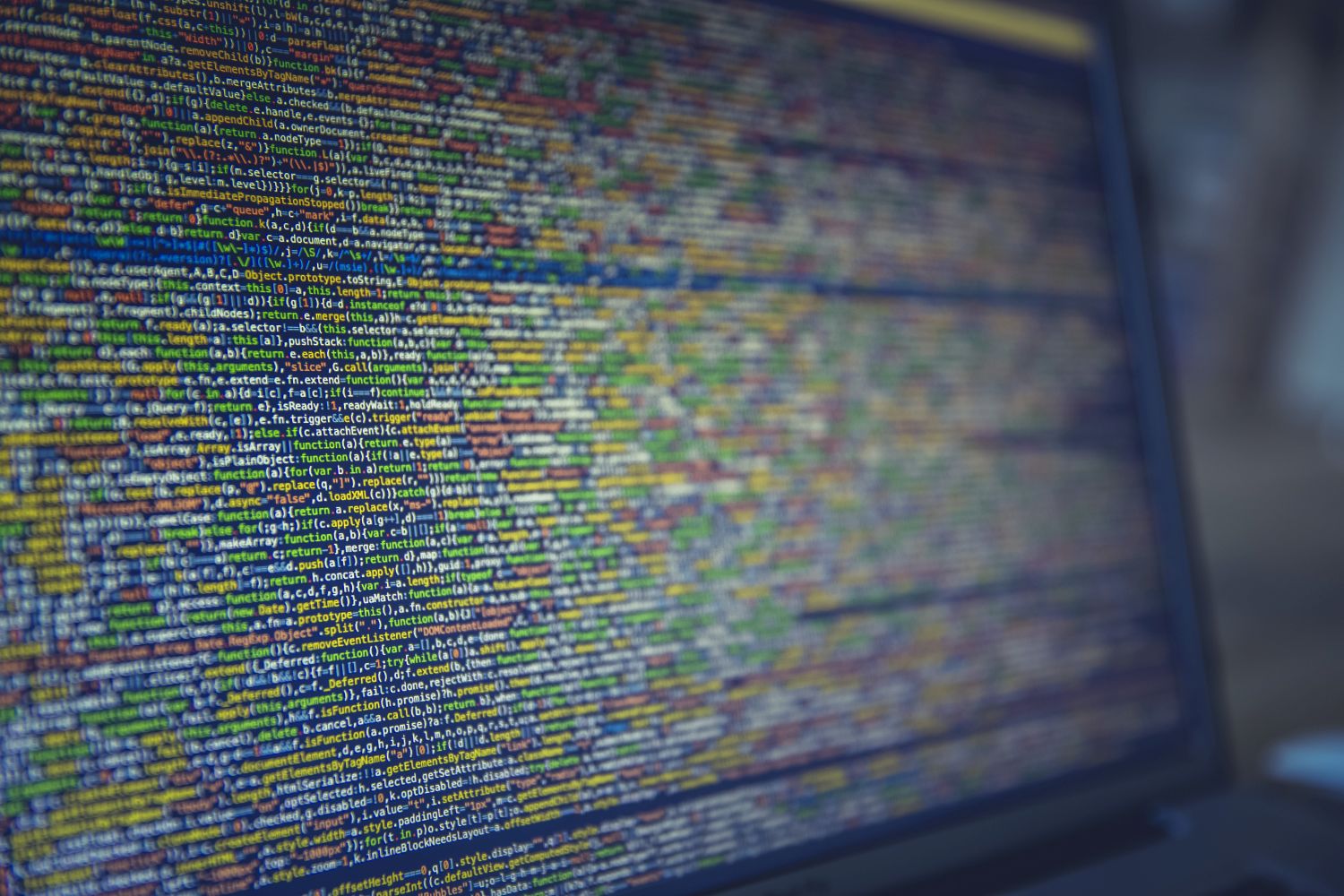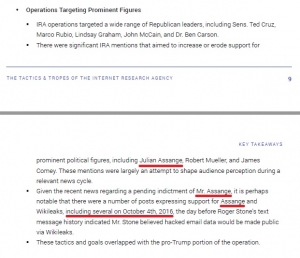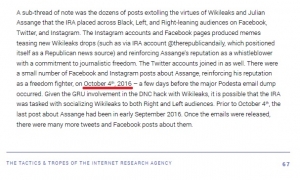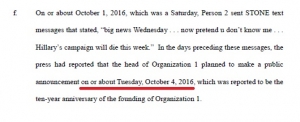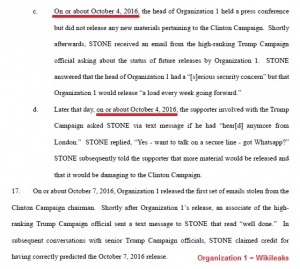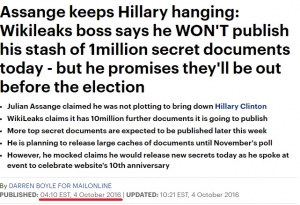The Future of Regulation in the Perma-Cyber-Infowar
[NB: Check the byline, thanks! /~Rayne]
Looks like we could use an open thread to discuss all the stuff not directly related to the Trump-Russia investigation.
I do want to toss out a topic we should visit given the transition of power in the House from one political party to another and the sea change over the last several years in public awareness about information security.
Most regular readers here have been aware of the dynamic tension between civil liberties and national security, individuals’ rights to privacy and autonomy too frequently falling victim to the state’s efforts to surveil and control.
This site has wrestled with the threats to privacy and security posed by hardware (like cell phones and servers) and software (like vulnerabilities, ransomware, cyberweapons).
But how do we address the threats social media and other information platforms pose? Can we really ignore that Facebook has been weaponized against its country of origin let alone other host nations from the U.K. to Myanmar? Does Sen. Elizabeth Warren’s proposal to break up the largest social media platforms and label them ‘platform utilities’ under a new regulatory structure adequately address users’ privacy rights, information security, and national security?
How far should we push for disclosure of proprietary intellectual property like the platforms’ algorithms? How do we regulate the operation of these without jeopardizing their viability?
Do we need a mandatory ethical standard to which startups must build and existing platforms must comply? Facebook’s iffy interpretation of user consent to use in academic research, for example, was key to its weaponization. What regulatory standard would have prevented the abuse of users’ trust and their data?
Does the likely permanence of cyber warfare as well as information warfare require more or less than Warren has proposed?
Hash it out here in comments. Bring all the stray dog-and-cat issues as well.


